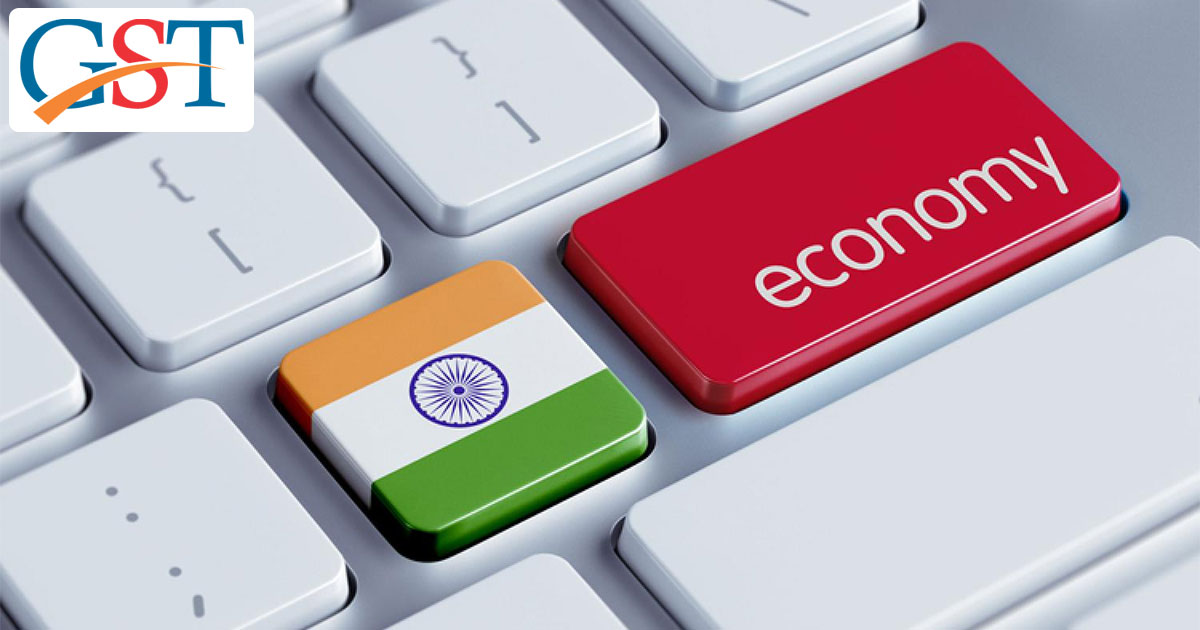Ex- RBI Governor, Y. Venugopal (YV) Reddy said that it is impossible for the economist to estimate the growth of GDP in short- term and the country would require two more years to recover the economic conditions after the two major shocks – implementation of GST and demonetization.
According to Reddy, “In a shock, the negative element is front loaded. There will be some moderation, and there can be the gain. The pain is there now, the gain will come. How much gain and in what gap is the (issue)”. He further added that “My guess is it might take a couple years to consolidate. In a couple of years, we should at least aim to go back to 7.5-8 percent (growth). “The shock element is tapering off. The positive aspect is yet to come, it will come”, said Reddy.
Read Also: Goods and Services Tax Impact on Gross Domestic Product (GDP) in India
When he was governor of RBI, he recalls that the prices of crude oil came to one- third as compared to three years. In the meantime, the economic growth of the country has been influenced with the several sectors such as the implementation of indirect tax reform (GST), demonetization and the high quantum of non-performing assets in the banks.
He further added that the potential output growth declines from 8.5 percent to 7 percent. The two reasons for declining the economic growth of the country – international factors where the global economic growth has declined as well as the negative shocks of the domestic ones like GST implementation and note ban.
According to the official statement of Reddy, “All these three, some people take it has permanently affected potential output, whereas some others say it is a (temporary) shock. So the question is how much is a shock? I think there is some element of a shock, some element of permanent improvement can also be there after a lag.”
Reddy said that it is not possible to estimate the growth of the country in the short-term even after such shocks. “When you wait short-term, you don’t get all the data. You will say this is a proportion of that. In a way, the methodology for short-term forecasting is an approximation.And when such a shock has occurred, then the methodology itself is undependable. And therefore, whatever number comes, don’t even look at it.”
Recommended: Five Possible Suggestions that Make GST More Compliant
It is to be noted that Reserve Bank of India is anticipating a growth on gross value added basis increase rapidly to 7.8 percent by the fourth quarter of FY 2018, in order to maintain the yearly growth 6.7 percent, that was decided in the policy review, held on 6th December.
Some of the experts said that Central bank is optimistic in fulfilling its anticipations whereas some of them have backed it.
“All short-term projections can be subject to more differences of opinion. I am not following short-term forecastings at all, it is not worth it”, said Reddy.
The growth rate has declined to 5.7 percent in the period of April- June quarter and increased to 6.3 percent in the following quarter.










